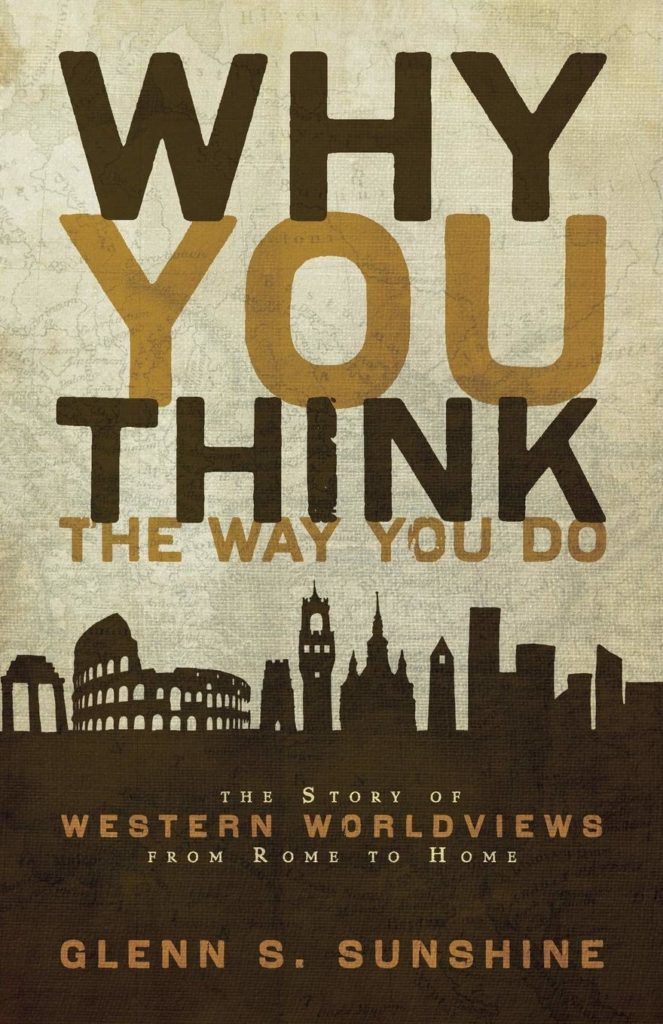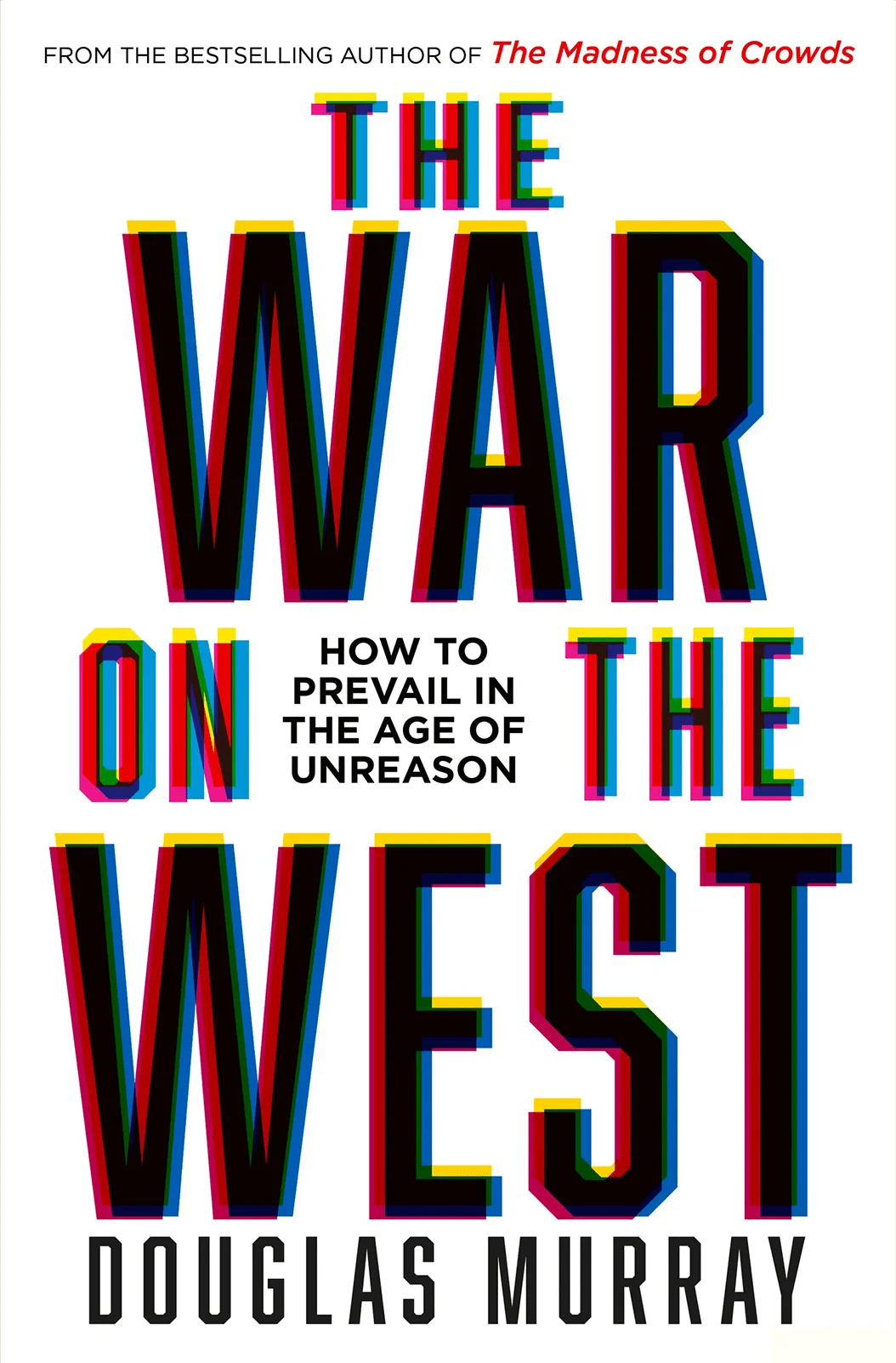Idealism is the belief that truth is uncovered through ideas more so than observation. In ancient times it was all about Idealism, and there were some crazy ideas! which led to some crazy “truth” for example: Aristotle: all women were the product of birth defects. Their was not enough heat in the womb therefore they came out half-baked with their genitals inside out, thus making them physically, mentally, morally, and spiritually inferior to men.
Christianity arrives on the scene, and a new idea comes forward. All humans are image bearers of God and thus intrinsically valuable, sin has ruined everything, which explains all of the bad things in this world, but Jesus has come to rescue a people, to release them into the world as agents of love, care, compassion, and righteousness, no matter the cost. This worldview turned Europe into Christendom. Image bearers of God made to work, to repent of sin, to try to do good, to follow God’s ways as part of a larger community of faith.
For 1200 years, the world of Medieval Europe had grown steadily upon the foundation of Christianity. But now that foundation was ripe for the cracking. The Renaissance called into question the method for finding truth (idealism, truth through ideas, shifted to realism, truth through observation) The goal of intellectual life began to shift as well. (From understanding God to understanding God’s World) The Reformation, which started because of corruption broke the unity of the church, the anchor that had held the medieval world together. Latin Christendom fragmented into many competing churches which resulted in horrific centuries long wars of Religion. The unceasing flow of blood led many to question whether religion should be as central to society as had once been believed. The New World raised questions about biblical history and reliability, as well as about the justice and morality of God. (where did those indigenous animals come from, and millions of unaccounted for people who had never been converted, why would God allow such a thing?) Finally, Pyrrhonism, (the re-discovery of ancient skepticism) called into question the very possibility of knowing anything. Pyrrho’s resurgence was huge on the Richter scale of cultural change. With it’s quaking effects still being felt today.
The gradual rejection of certainty, led humans to be comfortable working with probabilities. Less and less humans looked back for knowledge, more and more they looked forward, “truth” was more probable in the future than the past.
Auguste Comte, summarizes well what came to be viewed as societal evolution — Theological: primitive cultures explain through supernatural means. advancing cultures explain through philosophical abstractions, and fully advanced cultures explain through scientific means.
By the 1800’s many in Europe where looking for more naturalistic explanations for life. Darwin’s theory was the missing link they needed to make sense of everything without God having to be at the bottom of it all. It was embraced enthusiastically, and quickly became a core presupposition, for the naturalist. Darwin’s worldview created some very concerning conclusions. “At some future period, not very distant as measured by centuries, the civilized races of man will almost certainly exterminate, and replace, the savage races throughout the world” — these and other thoughts that flow from a fully naturalistic worldview led to things like “utilitarian ethics” — which essentially says right is whatever the greatest good for the greatest number is. The problem is who defines what is good? In the end, the standard becomes arbitrary, which is troubling, especially if for whatever reason one is not considered part of the greater good for the greatest number. (Hitler, Stalin, Pol Pot, etc exploited these abritrary definitions of good at expense of millions of lives)
Materialism which believes only in matter and energy ultimately leads to Nihilism — which says there is no meaning to life. Existentialism, puts a positive spin on meaninglessness, by affirming that we are radically free to determine what we do and who we are.
Freud successfully merges the topic of sex into these philosophical discussions. His solution is to pursue freedom from the constraints society places on our sexual behavior. Radical sexual freedom as the pursuit of ultimate happiness was born. The problem is, it doesn’t work. Sex if free to burn is a fire that consumes more people than it warms.
Modernism, which embraced “science” as the savior, and indicator of fully advanced cultures began to suffer under the weight of a century of bloodshed, and abuse that has come in large part to the sociological conclusions derived from naturalistic philosophy. Phyrro reasserts himself and Postmodernism is born.
Postmodernism has one epistemological and moral principle — freedom, sovereignty and autonomy of the individual. — the greatest postmodern virtue — tolerance. — which means the positive affirmation and celebration of all ideas that happen to be different then owns own “it’s all good” is the mantra. The difficulty is whatever is perceived as “intolerant” by the powers that be ends up not being tolerated at all.
The counter balance to the depressing reality of materialism, is the new/ancient spirituality — it’s the subjective, self directed tapping into the subtle energy that runs through everything in the universe. This belief which see’s ones own life force as the ultimate reality fits nicely into the postmodern world.
And this is the world in which we live.





